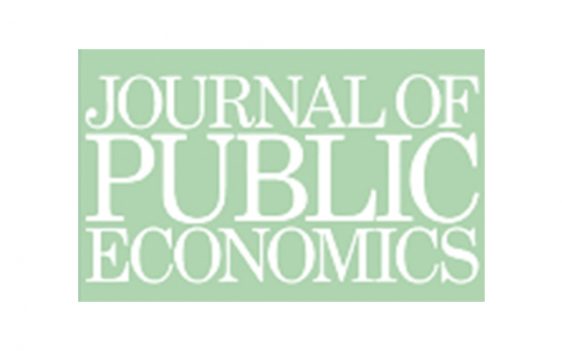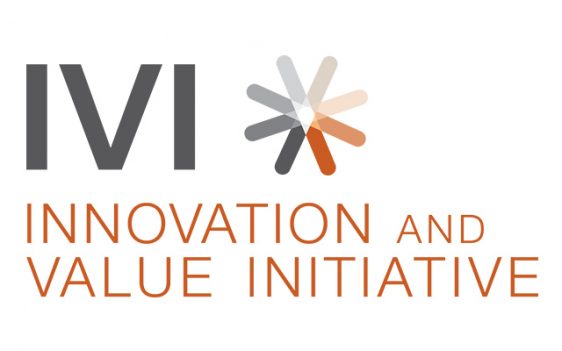Prescription drug insurance is able to lower static deadweight loss without reducing incentives for innovation, with the result that the public provision of drug insurance can be welfare-improving, even for risk-neutral and purely self-interested consumers. The level of welfare improvement achieved is dependent on the design of insurers’ cost-sharing schedules and the size of such transactions costs, as well as the social cost of weakening innovation incentives by lowering innovator profits. These results have practical implications for the evaluation of public drug insurance programs.
Source: Journal of Public Economics



